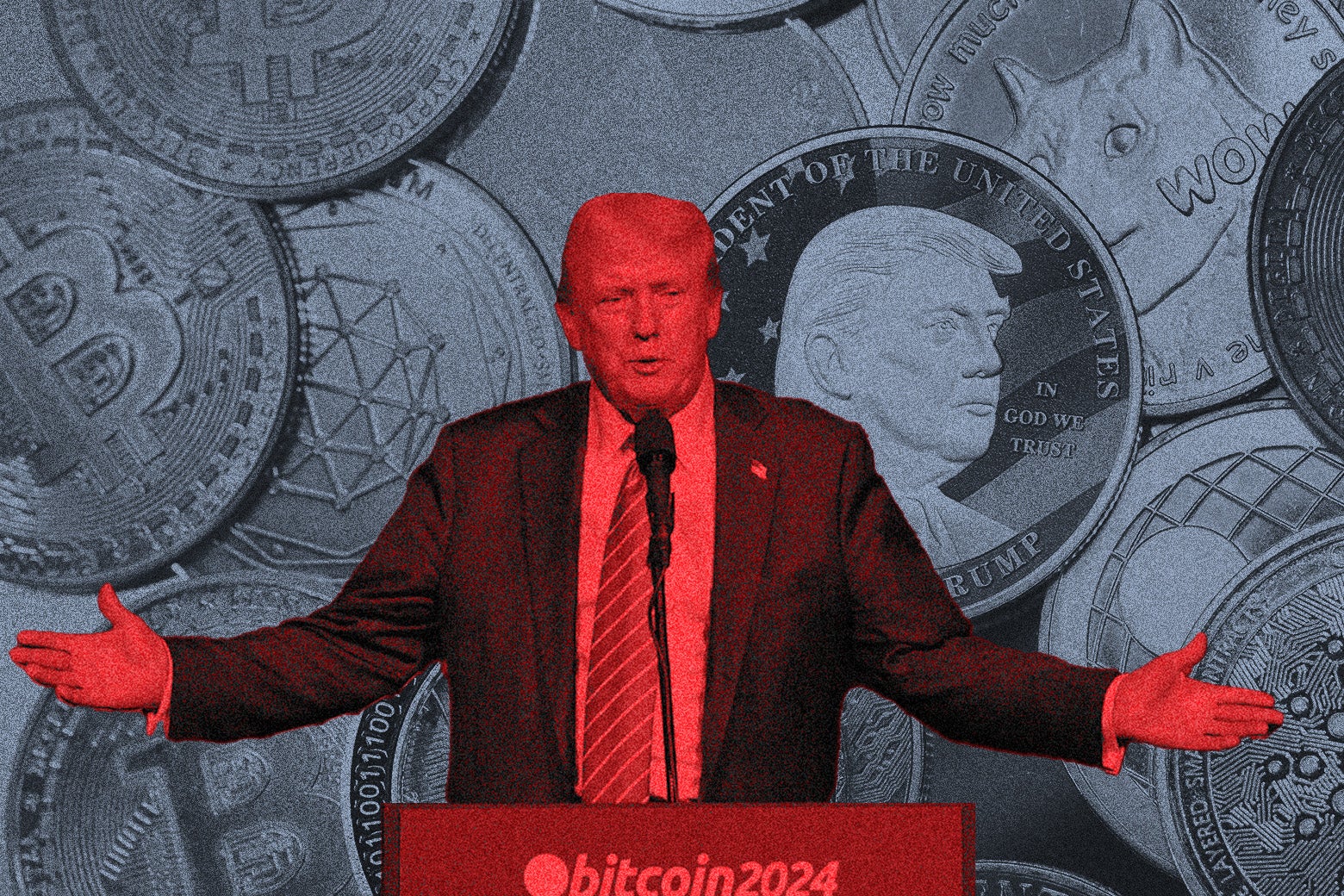Crypto, Fentanyl, and Trump: A Paradoxical Policy Puzzle

In a striking irony, former President Donald Trump's connections within the cryptocurrency world appear to be inadvertently supporting the very drug trade he has vehemently criticized. Despite Trump's vocal stance against fentanyl trafficking, his associates in the crypto industry have been quietly facilitating transactions that potentially enable drug smuggling networks.
Cryptocurrency's anonymous and decentralized nature has become an unexpected ally for international drug traders, providing them with a sophisticated method to move funds across borders undetected. Some of Trump's crypto-connected friends have been instrumental in creating platforms and networks that can be exploited by these illicit operations.
The complex web of digital currency transactions offers drug cartels an unprecedented level of financial anonymity, allowing them to circumvent traditional banking restrictions and international financial monitoring. This digital underground economy provides a perfect conduit for moving money generated from fentanyl sales, creating a paradoxical situation where Trump's business and political networks might be indirectly supporting the very trade he claims to despise.
While Trump has consistently portrayed himself as tough on drug trafficking, the intricate connections between his crypto-friendly associates and potential drug money laundering routes reveal a more nuanced and potentially compromising reality. The intersection of digital finance and international drug trade continues to challenge traditional law enforcement strategies.
